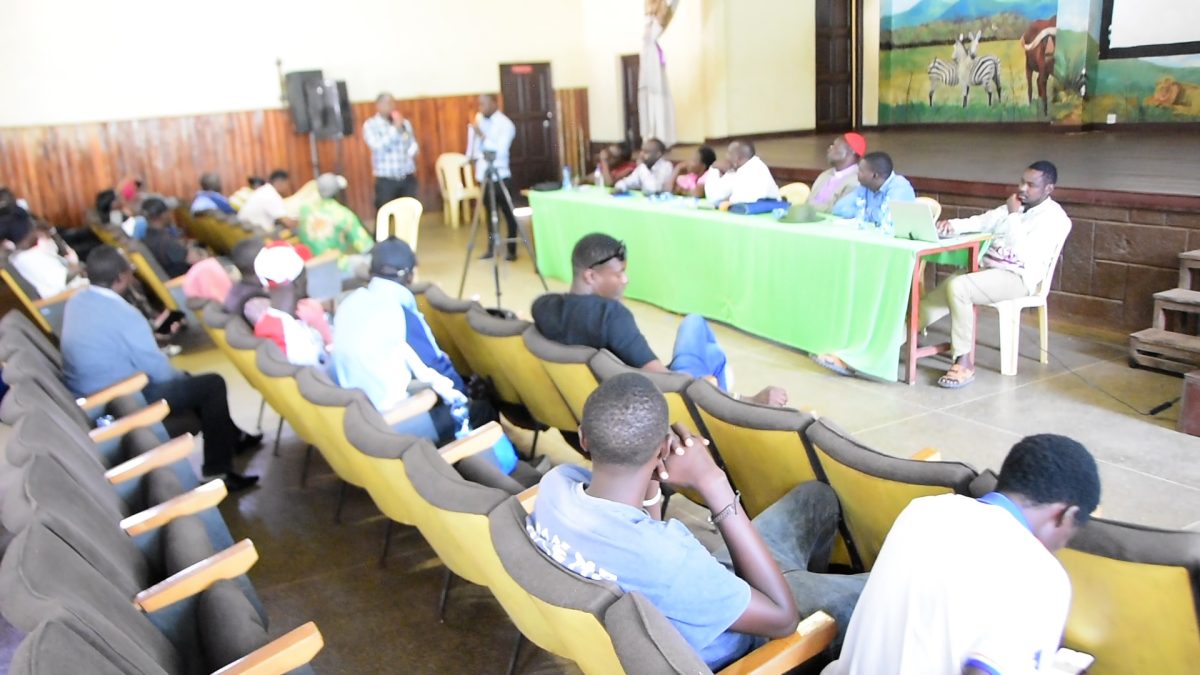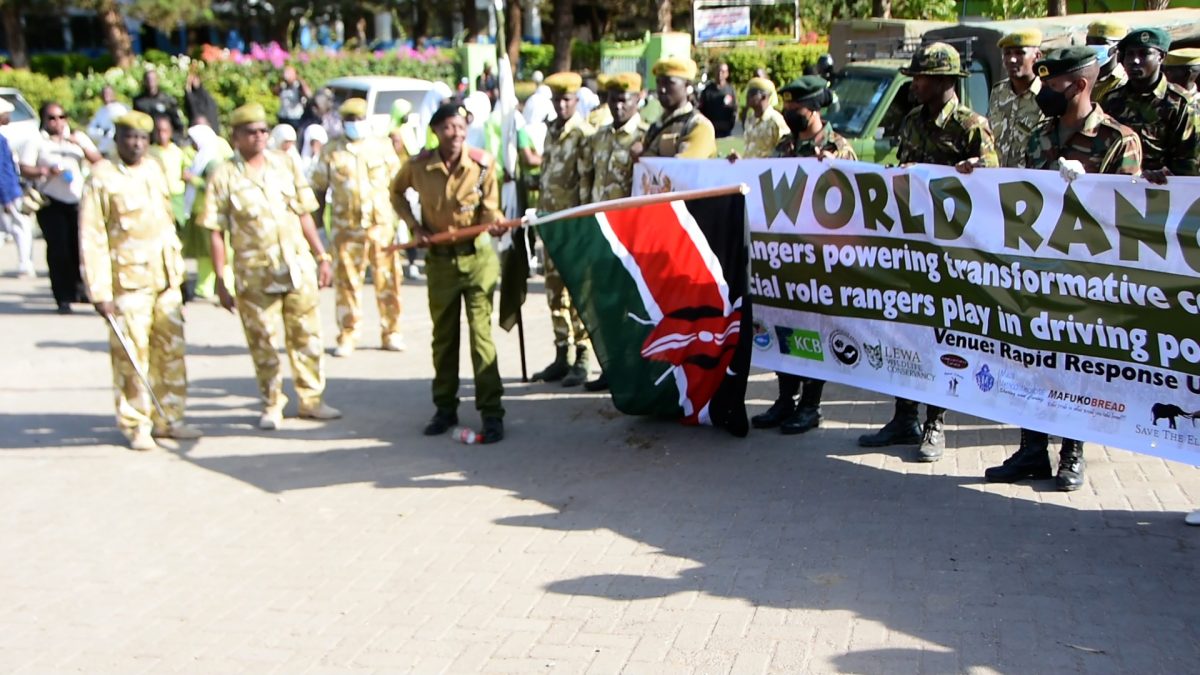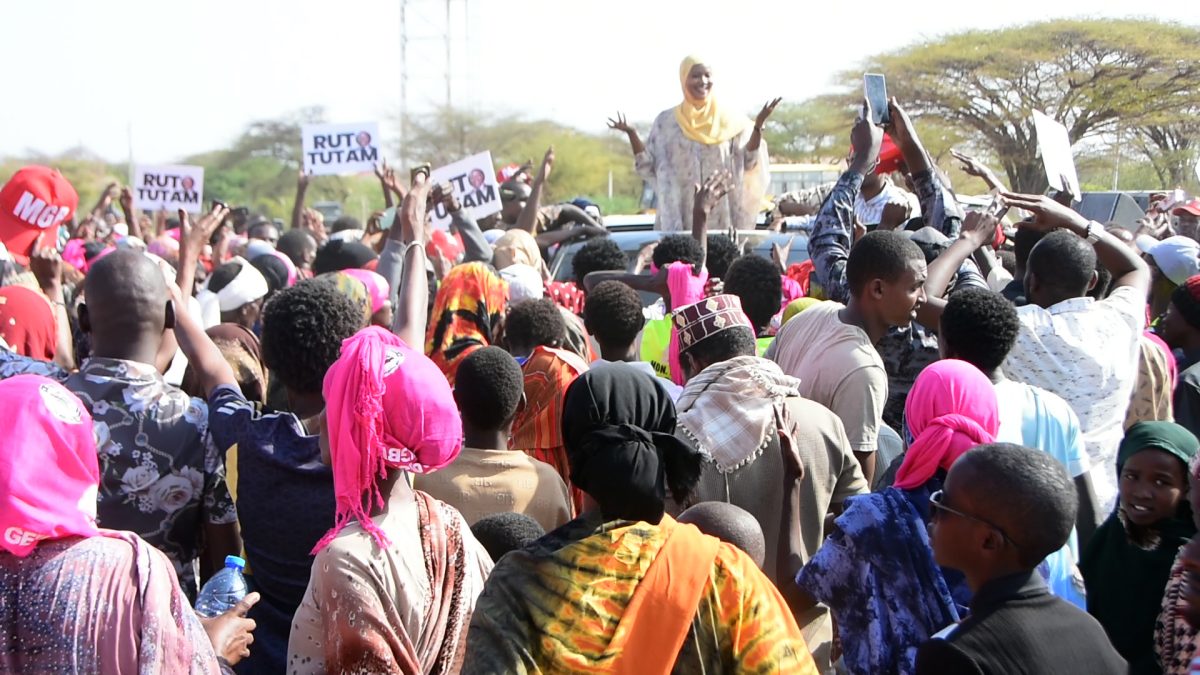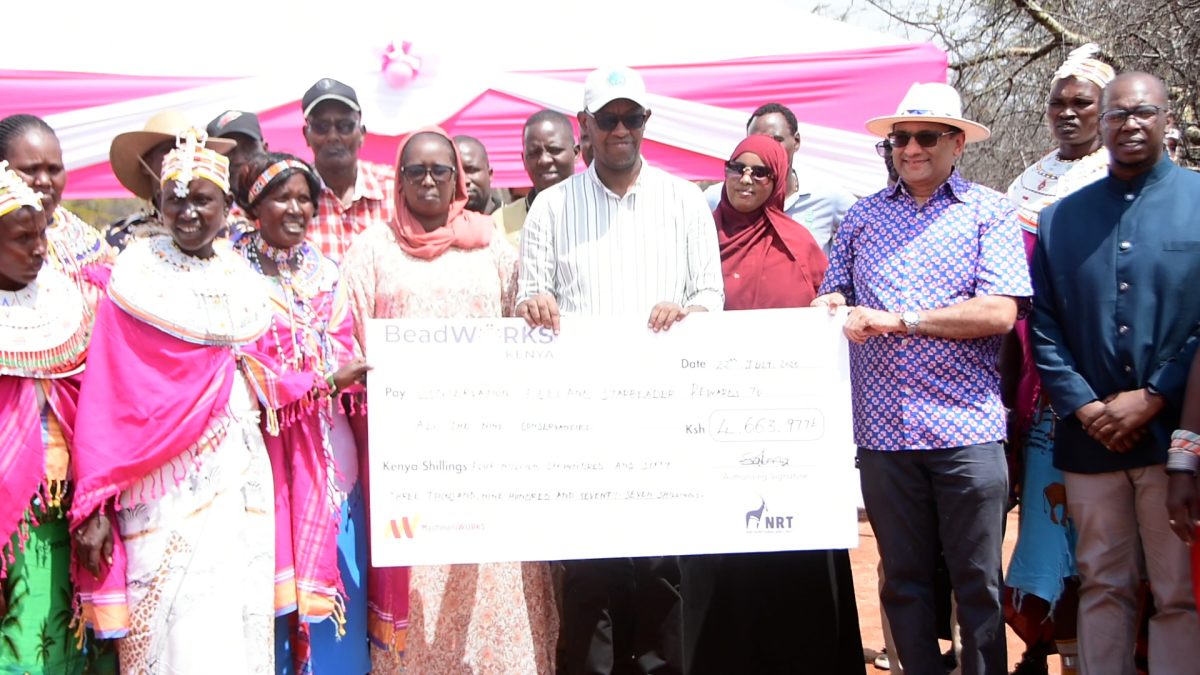East African Education Experts Push for Life Skills Integration in CBC Education
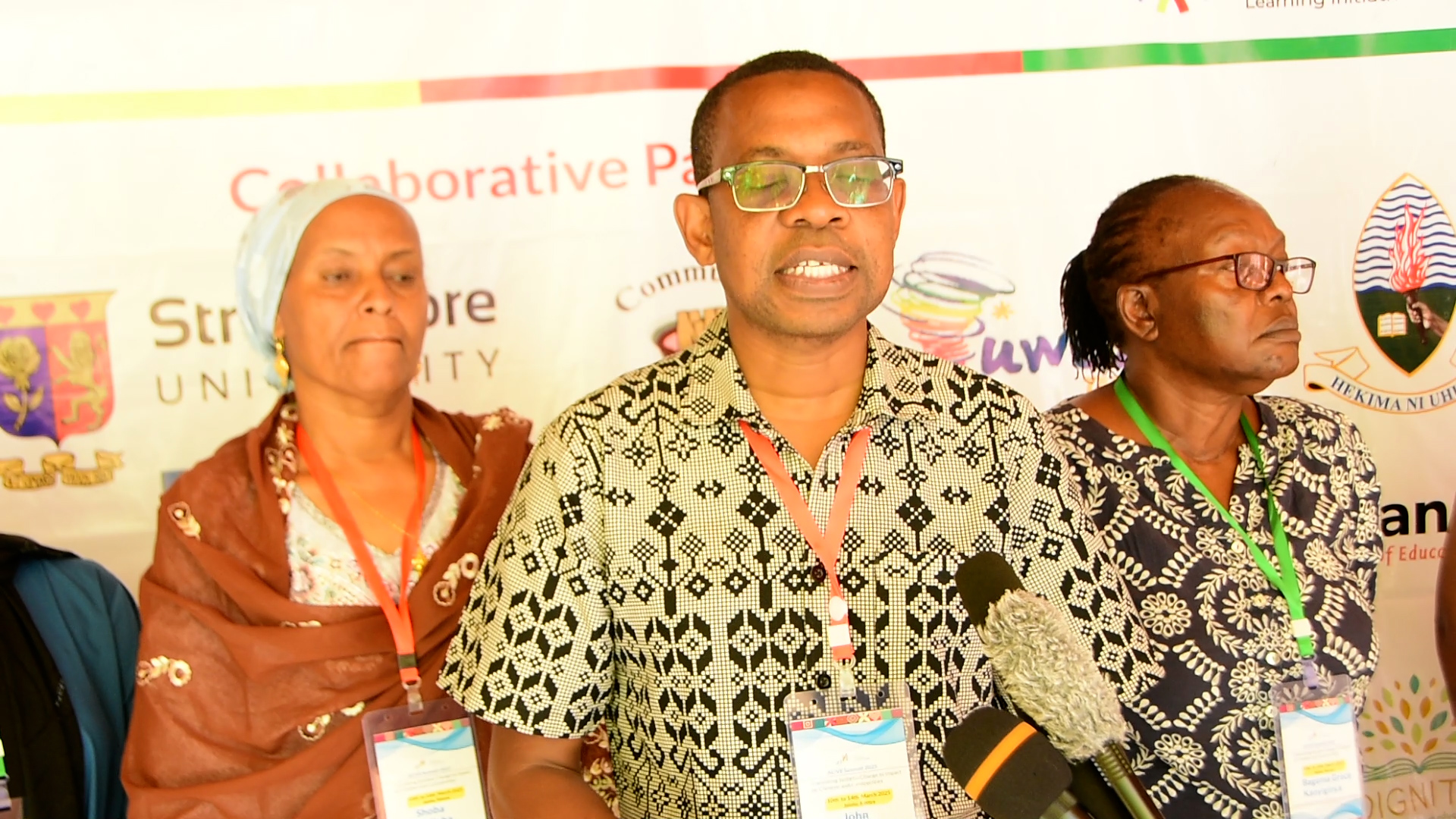
leaders from Kenya, Uganda, Tanzania, and mainland Zanzibar are gathered in Isiolo to push for a groundbreaking shift in the Competency-Based Curriculum (CBC).
The meeting seeks to look for ways of integrating life skills into learning as a core component. The conference, organized by the Zizi Afrique Foundation through the Action for Life Skills and Values in East Africa (ALIVE) program, marks five years of advocacy for a more holistic approach to education.
John Mugo, Executive Director of Zizi Afrique Foundation, emphasized that academic knowledge alone is not enough.
He said learners must be equipped with real-life skills—integrity, resilience, financial literacy, and emotional intelligence—so that they can thrive beyond the classroom.
Mugo said the approach focuses on collaborating with key institutions such as teacher training colleges, curriculum developers, and examination councils to ensure life skills are actively integrated into CBC.
According to Mugo, this holistic development of the learners even as they are imparted with the mainstream academic skills, which he said have also been captured under the CBC, have to be emphasized for teachers and parents to come on board as implementers.
Dr. Irene Nyamu of the Regional Education Learning Initiative warned that failure to embrace a learner-centered approach could result in a generation of graduates who struggle to meet 21st-century challenges.
Dr. Nyamu said the shift in the teaching methods will help to come up with graduates who can adapt well to situations, have problem-solving skills, and ethical values.
Dr. Grace K. Baguma, CEO of Uganda’s National Curriculum Development Center, highlighted the need to redefine education priorities to focus on attributes such as integrity, innovation, and social responsibility.
Dr. Purity Ngina, CEO of Kenya’s National Gender and Equality Commission, explained that if learners are taught critical thinking, empathy, and respect from a young age, society could see a reduction in cases of GBV, corruption, and youth delinquency.
Shoba Liban from pastoralist Women for health and Education said that ASAL counties will also benefit immensely from some of these approaches and urged for support to these areas which have been left behind compared to other parts of the country.
As discussions continue it is clear that life skills are no longer optional but essential with the recommendations from this meeting expected to be presented to the various East African education ministries, with the hope of reshaping CBC into a system that not only educates but also empowers.
